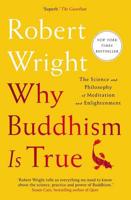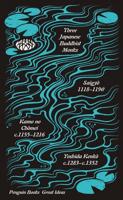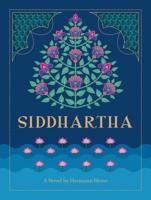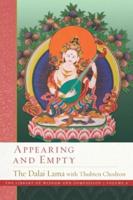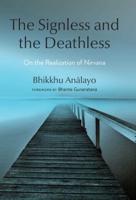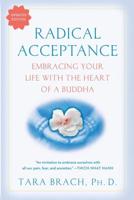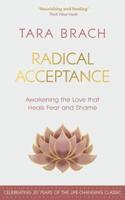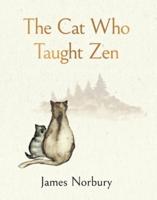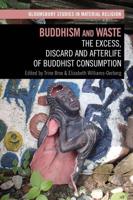Publisher's Synopsis
This book presents a Great Vehicle sutra of the third turning of the wheel of dharma which has not been translated until now and which is regarded as specially important for two reasons. Firstly the sutra deals with the issue of whether a bodhisatva can live a householder's life and effectively practice dharma at a high level. In the time when the Buddha gave this discourse it was regarded in Indian culture as a whole that it was necessary to leave the household and additionally to become ordained as a monk or nun in order to practice dharma at the highest level. The Buddha ends the sutra by saying that not only is it possible to practise whilst living as a householder but that a householder bodhisatva can be a much more capable and effective bodhisatva than a bodhisatva living the celibate life of an ordained bodhisatva. The person who petitioned the Buddha for his authoritative statements on this matter was a householder bodhisatva named "Uncouth." His concerns, which are the main issues in the sutra, result in the sutra fitting very closely with the situation of today's Western Buddhists, most of whom do not wish to leave home and become mendicants and most of whom are equally determined that this should not mean that they are relegated to a life which has been officially stamped as lesser than that of an ordained life. These have become prominent issues for Western Buddhists at this time and a careful consideration of the actual meaning embodied in this sutra can be a very fruitful exercise for today's Western Buddhists. I have found that investigating the sutra carefully raises many issues of great relevance and interest to today's Western Buddhists, but more than that, the issues are raised in the environment of the Buddha giving his authoritative statements about them. We found it to be very provocative but very rich at the same time.

